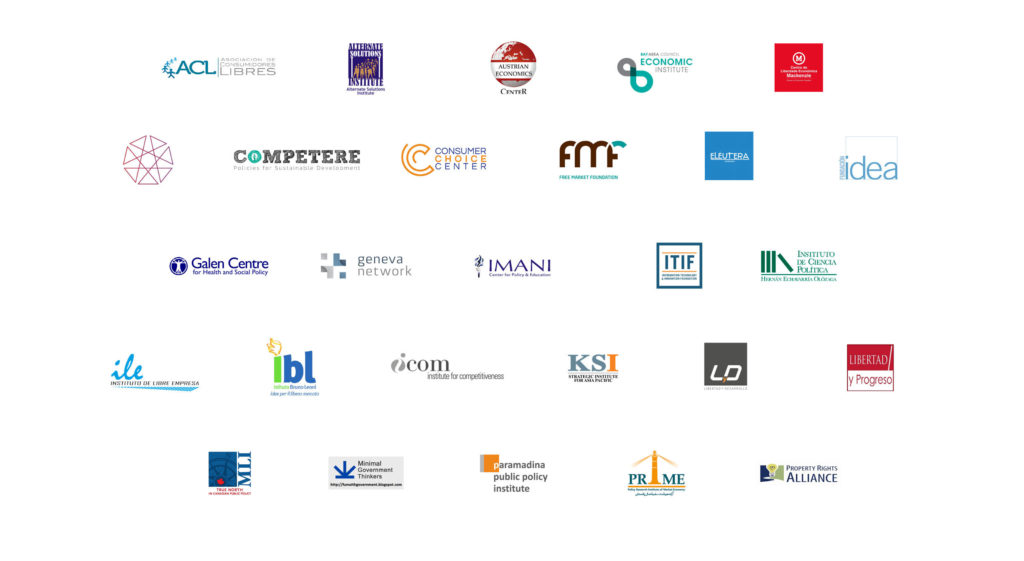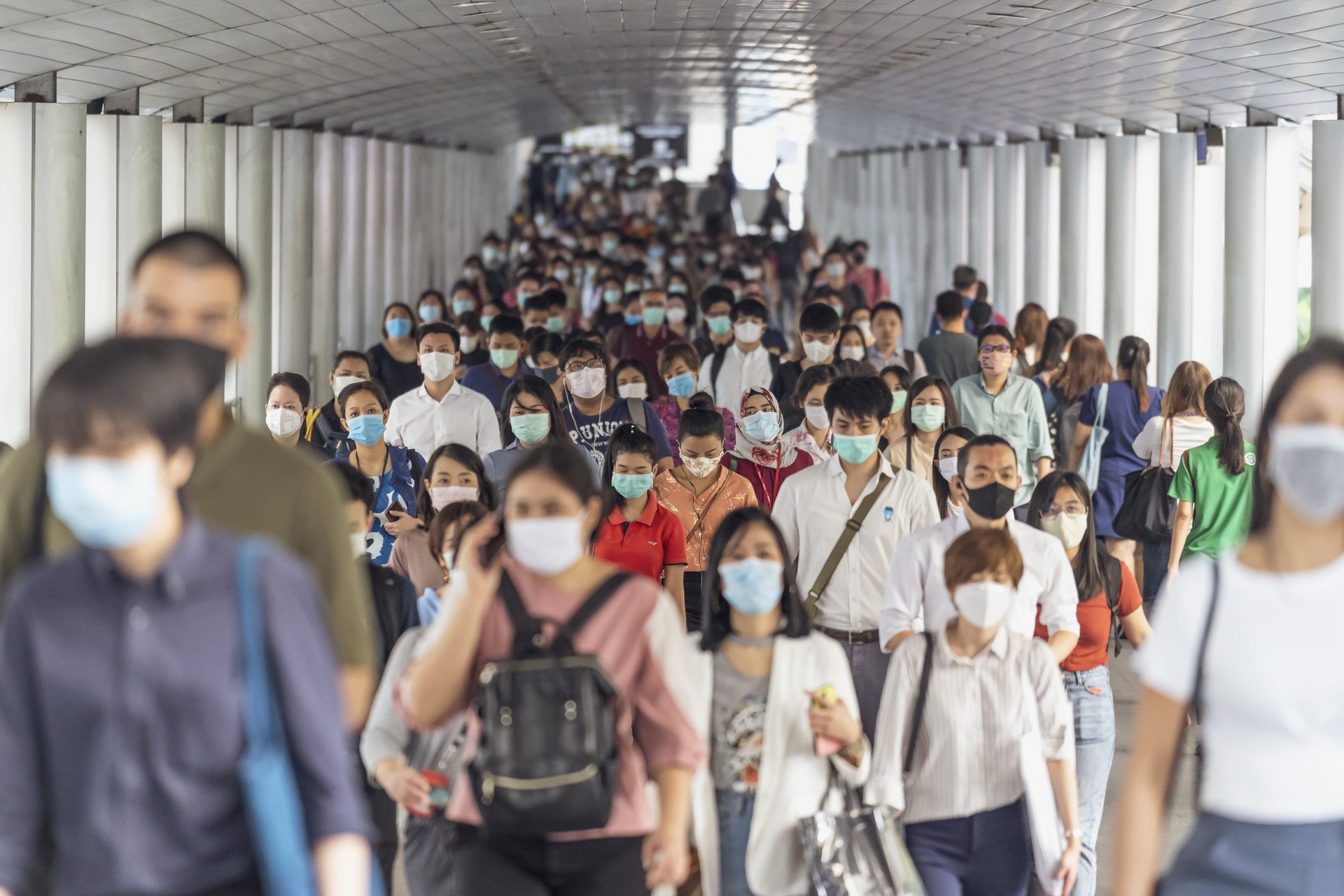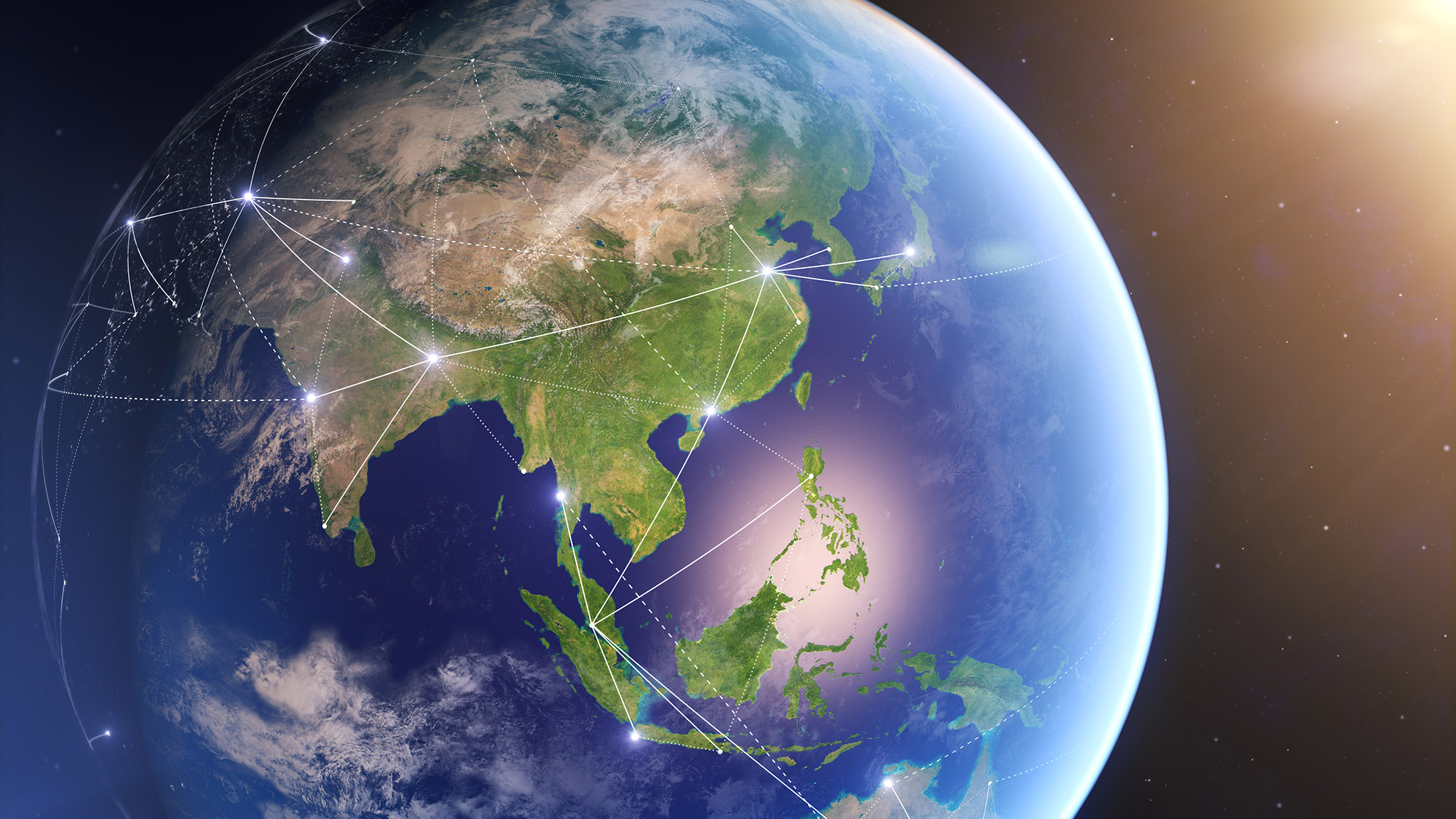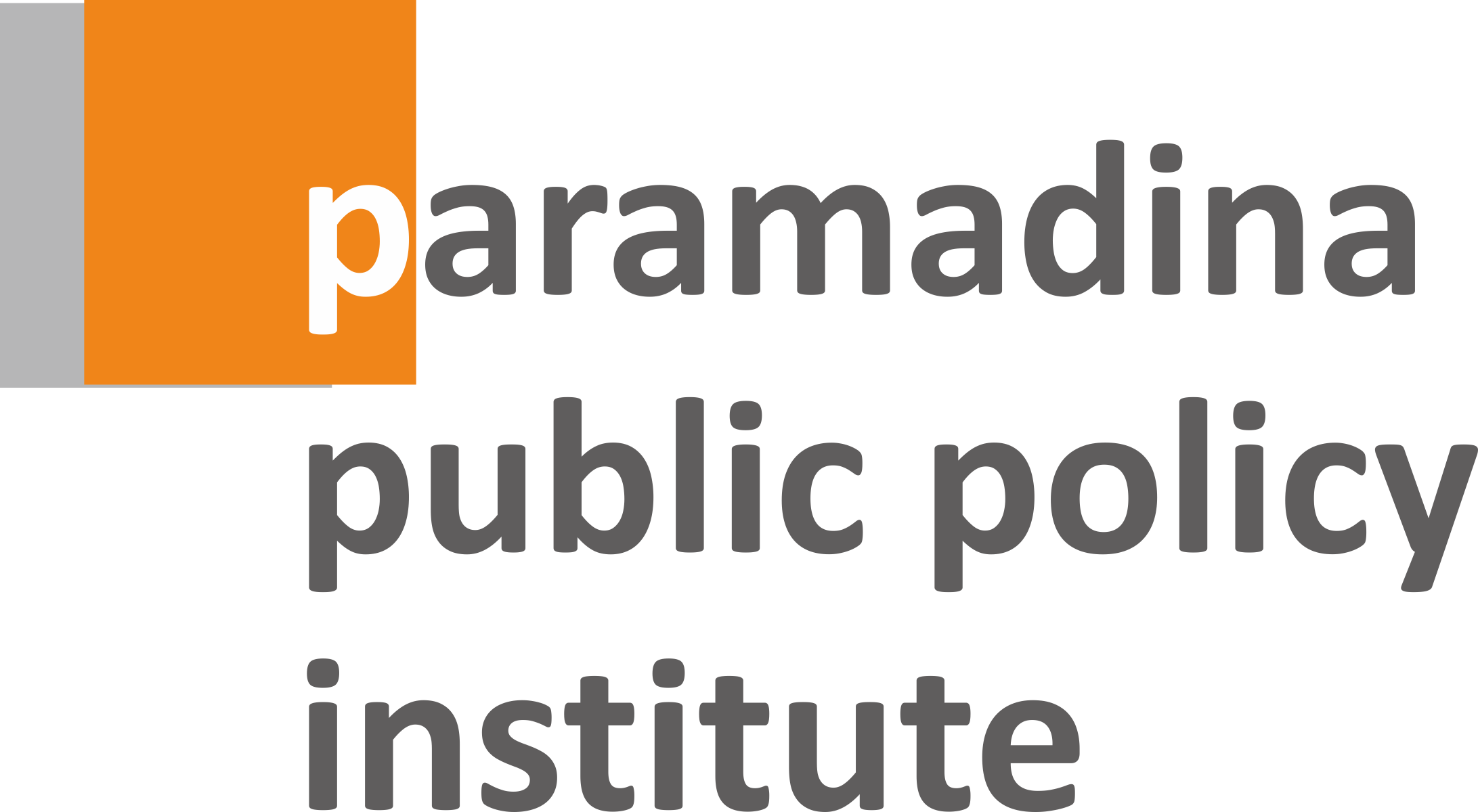
A coalition of think tanks
18 May 2021
We are an informal coalition of civil society organisations that believes that continued collaboration between governments, international organisations, the private sector, and civil society is the fastest way to end the Covid-19 pandemic and kickstart stalled economic growth. Respect for intellectual property rights is key and will ensure the fastest possible production of urgently needed vaccines.
The following declaration sets out why we believe that divisive proposals before the World Trade Organization to override intellectual property rights to promote local vaccine production would do more harm than good. There are better ways to accelerate vaccine manufacturing based on trust and collaboration.
We further call on governments to protect the innovation system that has delivered multiple new Covid vaccines and therapeutics in highly compressed timescales.
In summary:
- IPRs are crucial to sustainable vaccine manufacturing scale-up;
- IPRs are essential for R&D for future pandemics;
- Global competition, not forced local production, will keep vaccine prices low;
- An IP waiver would have no effect on vaccine production without forced tech transfer, which would be extremely slow, beset by legal difficulties and economically damaging.
1. IPRs are crucial to sustainable vaccine manufacturing scale-up
The best approach for manufacturing scale-up is for the owners of Covid vaccines to voluntarily license their manufacture to partners with the skills and capacity to produce large quantities of high-quality products. These can then be distributed at scale in low- and middle-income countries (and elsewhere) — an orderly transfer of knowledge and technology that will more reliably boost manufacturing capacity.
Such partnerships, some of which are between commercial rivals, are already scaling up manufacturing on an unprecedented scale. Duke’s Global Health Innovation Center estimates that global production of COVID-19 vaccines will reach more than 12 billion doses in 2021. About 11 billion doses will be needed to vaccinate 70 percent of the world’s population, potentially sufficient to achieve global herd immunity.
IP is fundamental to these partnerships. IP allows the innovator to select partners that can manufacture to the highest quality, essential for safety and to promote public confidence in vaccines. It enables rapid technology transfer free from the legal obstacles that would inevitably arise under the WTO proposal, such as the requirement for 150+ countries to amend and update their national intellectual property laws.
By partnering with established vaccine manufacturers in India and elsewhere, IP licensing maximises low-cost access for low and middle-income countries. Finally, it allows the innovator to continue to recoup the sunk R&D costs from developed markets, meaning the preservation of incentives for future R&D investment, key for future pandemic preparedness.

2. IPRs are essential for R&D for future pandemics
The IP system has been central to the unprecedently rapid development of the multiple vaccines that have put the end of the current pandemic within reach. Thanks to the certainty provided by IPRs, even commercial rivals have been prepared to cooperate in research efforts, for example by sharing proprietary knowledge resources such as compound libraries.
Far from being a barrier to sharing knowledge, IP is fundamental to creating it. Because patent rights require public disclosure, they enable drug developers to identify partners with the right intellectual assets such as know-how, platforms, compounds and technical expertise. Without patents most of this valuable proprietary knowledge would be kept hidden as trade secrets, making it impossible for researchers to know what is out there.
Second, the existence of laws protecting intellectual property helps rights-holders make the decision to collaborate in the first place. By allaying concerns about confidentiality, IP enables companies to open up their compound libraries, and to share platform technology and know-how without worrying they are going to sacrifice their wider business objectives or lose control of their valuable assets.
Waiving IP related to Covid would severely damage Covid R&D, by dissuading the private sector from investing in vaccines for new variants or improving vaccine storage and delivery. It will also hurt preparations for future pandemic preparedness by dissuading companies from sharing their proprietary knowledge with researchers and partners.
Developing countries have long used the IP system to meet their health challenges. As documented by the Innovate4Health project, IP has helped innovators from all over the world create new medicines, vaccines, diagnostics and modes of delivery. As Covid-19 recedes, greater attention should be paid to assisting developing countries bolster their R&D ecosystems, boosting manufacturing capacity and contributing to economic growth.

3. Global competition, not forced local production, will keep vaccine prices low
Unlike in previous public health crises such as HIV or Hepatitis C, there have been few complaints about the price of innovative Covid vaccines. Many vaccine developers are making them available to developing nations at cost.
Moreover, thanks in part to the IP system, there is an emerging dynamic, competitive market in Covid vaccines. There are already four vaccines authorised by stringent drug regulatory authorities, and numerous Chinese and Russian vaccines available. Many more vaccines will soon arrive, each competing for market share. As of April 20, 2021 there were 217 more Covid vaccines (plus over 600 antiviral and therapeutic treatments) under development globally.
In such a competitive market with multiple alternatives and substitutes, no single company can monopolise Covid vaccines or charge premium prices. This competitive, innovation-led market is at risk from anti-IP multilateral initiatives.

4. An IP waiver would have no effect on vaccine production without forced tech transfer, which would be extremely slow, beset by legal difficulties and economically damaging.
Covid vaccine manufacturing is highly complex. There are only a handful of facilities in the world capable of manufacturing the new mRNA vaccines, which contain several novel ingredients that required manufacturers to build new supply chains. Meanwhile, manufacturing vaccines based on more mature technologies is still difficult with multiple bottlenecks and production challenges. Ingredients and input materials are in short supply globally, such as lipid particles and mixers to make mRNA vaccines.
Overriding IP rights will not increase the availability of scarce manufacturing inputs, but rather divert them from already quality-assured manufacturers to new manufacturers who will have to then go through the entire regulatory process from scratch. This will not increase the global stock of vaccines but create further delay.
Further, much vaccine production technology is not embodied by patents, but rather in technical know-how which is not easily transferred. Such information is often known by few people within the innovator organisation, and then protected by various forms of trade secret law. Most vaccine manufacturers in developing countries lack this knowledge and without it they cannot simply or quickly repurpose their factories.
Transferring this technical knowledge is not a simple matter of reviewing patents and other public sources. Rather, it must be taught. Such transfer is indeed happening on a voluntary basis. For example, Pfizer/BioNtech and Johnson & Johnson have each partnered with their rival Merck to increase production of their cutting-edge vaccines. In each case, however, trade secrets and other proprietary information is protected with both agreements and the existence of laws protecting IPRs.
An IP waiver would require innovators to reveal their know-how under threat of legal force, with very different consequences than voluntary cooperation. First, forced transfers would likely be contested both in law and fact, as innovators would hardly be keen to divert their most knowledgeable and busy employees during a global crisis. Transferring this know-how could take many months, followed by further delays while regulators scrutinise any new manufacturing facilities and their products for quality standards.
Moreover, forcing the disclosure of a trade secret destroys it, as it is no longer secret. Secrecy is the fundamental legal and practical requirement for the existence of a trade secret. When a patent owner is compelled to license a patent, it still owns the patent and can receive a reasonable royalty. By contrast, forced disclosure destroys a trade secret and its value.
If governments were to force technology transfer it would therefore represent a fundamental assault on private property rights and contract law which would have disastrous economic implications beyond the pandemic.
Technology transfer based on cooperation, appropriate training and resource sharing is therefore key to establishing additional capacity.
Voluntary licensing has a good track record of rapidly promoting access to innovative medicines in low and middle-income countries, notably for Hepatitis C and HIV medicines, demonstrating that this approach is both effective and sustainable.

This declaration is supported by:
-
- Alternate Solutions Institute, Pakistan
- Austrian Economic Centre
- Bay Area Council Economic Institute, United States
- Centro Mackenzie de Liberdade Econômica, Brazil
- Center for Global Enterprise, United States
- Competere, Italy
- Consumer Choice Centre, Brussels
- Asociación de Consumidores Libres, Costa Rica
- Free Market Foundation, South Africa
- Fundación Eléutera, Honduras
- Fundación IDEA, Mexico
- Galen Centre for Health and Social Policy, Malaysia
- Geneva Network, United Kingdom
- Imani Centre for Policy and Education, Ghana
- Information Technology and Innovation Foundation, United States
- Instituto de Ciencia Política, Colombia
- Instituto de Libre Empresa, Peru
- Istituto Bruno Leoni, Italy
- Istituto per la Competitivà (I-Com), Italy
- KSI Strategic Institute for Asia Pacific, Malaysia
- Libertad y Desarrollo, Chile
- Libertad y Progreso, Argentina
- MacDonald-Laurier Institute, Canada
- Minimal Government Thinkers, Philippines
- Paramadina Public Policy Institute, Indonesia
- Prime Institute, Pakistan
- Property Rights Alliance, United States
- Cámara Colombiana de Informática y Telecomunicaciones – CCIT – Colombia
This joint declaration statement was first published on Geneva Network, 18 May 2021.
